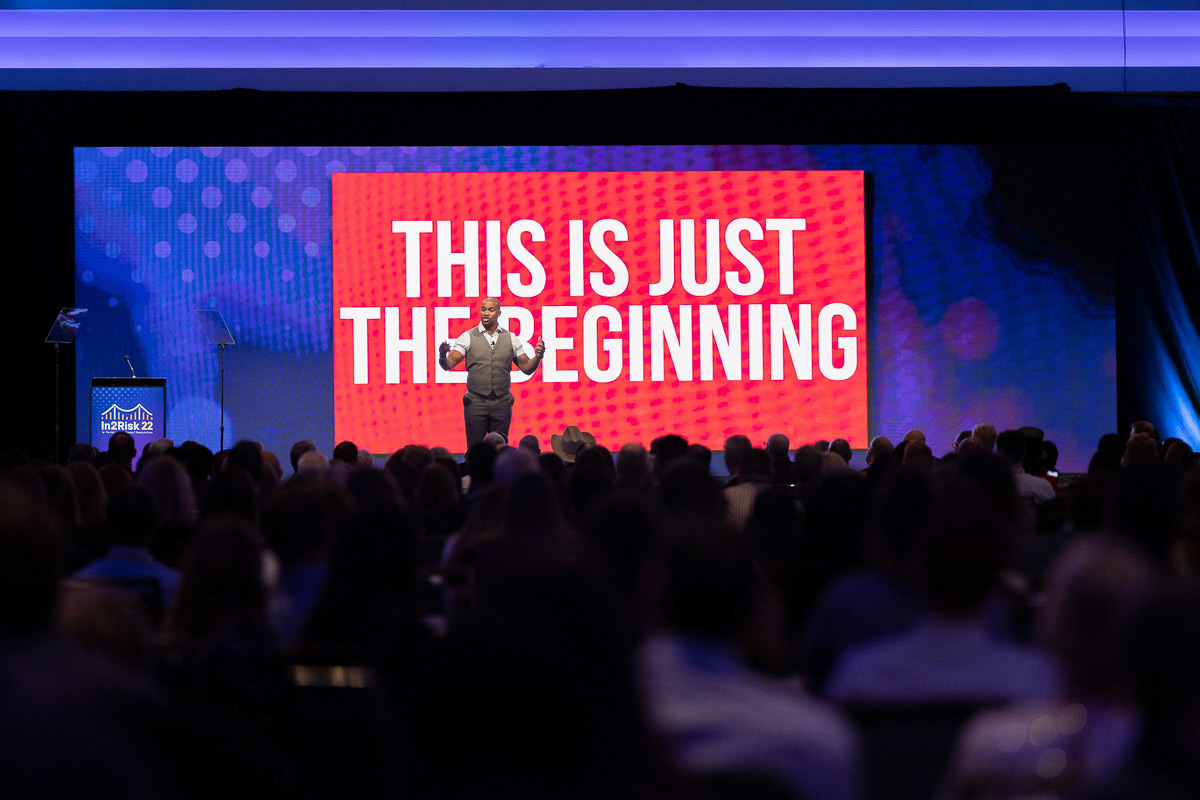What Event Coordinators Need to Know when Booking a Photographer
Photographing a conference requires thorough preparation to ensure smooth execution and high-quality results. Whether you’re hosting a corporate event in San Diego or planning a multi-day conference, here’s what photographers need to know beforehand to deliver exceptional service:
Event Schedule
- For Accurate Quotes: A clear schedule helps photographers provide precise quotes based on the event’s duration and complexity.
- Booking Appropriate Time: It ensures the photographer allots the right amount of time to capture key moments.
- Staffing Requirements: Knowing the schedule helps determine if additional photographers or assistants are needed to cover simultaneous sessions or larger venues.
Venue Map and Layout
- Navigating the Venue: Even if the photographer has worked at the location before, every event can have unique layouts. Providing a detailed map eliminates confusion.
- Managing Time for Shots: For large venues, photographers need to plan how to move between locations efficiently to capture all requested shots.
Shot List and Key Moments
- Providing a clear list of must-have shots ensures nothing important is missed. Include details like keynote speakers, panel discussions, group photos, and candid interactions.
Meal Breaks
- Scheduled Breaks: Even if meals are provided, designate time for photographers to eat. This helps them stay energized throughout the event.
- Space to Work
- Movement Considerations: Photographers need room to maneuver without disrupting guests. When arranging seating, consider a center aisle and side aisles to allow easy movement.
- Keynote Shots: Leave space near the front for close-up shots of speakers or performers.
Photo Delivery Plan
- Where Will Photos Be Shared? Discuss where guests can access the images, whether on a website, gallery, or a simple Dropbox link with a QR code. This prevents confusion and allows photographers to communicate accurate information to attendees.
Image Usage: Web vs. Print
- For Web Use: Ensure images are optimized for fast loading without compromising quality.
- For Print Use: High-resolution, sharp images are essential for brochures, banners, and other printed materials.
Parking and Accessibility
- Convenient Parking: Ensure photographers have nearby parking access, ideally not reliant on valet services. Photographers may need to retrieve additional gear during the event.
Registration Details
- Smooth Check-In: Clarify if the photographer needs to register, obtain a badge, or sign in. Miscommunication at the start can set the wrong tone for the day.
Point of Contact
- Who to Communicate With: Provide clear contact details for the event coordinator, venue staff, and the person responsible for approvals. If there are multiple contacts, clarify the chain of communication.
